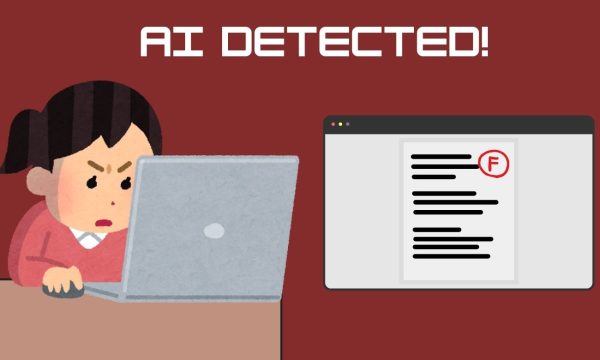Don’t swallow the shortcut study pill
With midterms on the way, students are under more tremendous stress than ever. There’s a great deal of pressure to study diligently. While some students contemplate sacrificing their appetite and sleep, others are willing to go far further. The overall use of Adderall is an issue on college campuses, and the drug is regularly abused by those without a prescription.
In school, you are taught to “study smarter, not harder,” meaning you shouldn’t cram everything until the last minute. Unfortunately, we have all been in that situation. We panic, can’t focus and need a solution to get all our work done on a deadline.
Under these circumstances, some students turn to Adderall, a medication used to treat attention-deficit/hyperactivity disorder. The medicine comes in the form of a pill and requires a prescription.
Adderall is composed of amphetamine and dextroamphetamine, which are two stimulants that affect the central nervous system. Once these stimulants reach the brain, they mimic the actions of norepinephrine, epinephrine and dopamine. Norepinephrine aids in the body’s stress response and regulates blood pressure, sleep and alertness, while dopamine has an impact on motivation and pleasure. Epinephrine is another word for adrenaline, allowing one to focus harder.
It will help you unwind if you have ADHD. If you don’t, it will have the reverse effect and give you more energy than normal.
According to a National Library of Medicine report, 14.6% of college men and 8.8% of women misuse Adderall. College students misuse it more frequently overall (11.1%) than young adults who aren’t enrolled in school (8.1%).
Adderall is frequently referred to as a “study drug” because it can help people focus and perform without sleep. To stay productive without getting fatigued, students turn to stimulants. Use of Adderall can result in abuse, which is already an issue among college students with other forms of substances, such as alcohol and marijuana.
A study from John Hopkins Bloomberg School of Public Health found that individuals ages 18 to 25 are most likely to abuse prescription Adderall and typically account for 60% of all abuse and addiction cases.
Many non-prescribed students get Adderall from people with prescriptions. Sharon Macdonald, a Chico State junior, expresses her attitude toward the ongoing epidemic.
“I would say, as someone with ADHD it can be a little annoying to see people use Adderall only for school since I take it literally just to function normally,” Macdonald said. “When people take it just for school, I just feel a little weird since it’s usually used by people that want to be academically successful.”
The greatest misperception is that while Adderall can limit distractions during study sessions, it doesn’t increase intelligence or cognitive function. It’s like borrowing a friend’s glasses; they won’t work unless you already have troubled eyesight.
Using Adderall without a prescription can have crippling, negative effects. When taken improperly, it can cause erratic heartbeats, elevated blood pressure, agitation, anxiety, insomnia, lack of appetite and emotional instability.
While these adverse effects may be negligible, to students with cardiac issues, the side effects can be fatal. These dangers are increased if Adderall is used at higher doses than recommended.
The body experiences a withdrawal period after Adderall leaves your system. The body returns itself to operate normally without the stimulant, decreasing your dopamine levels. PCT Detox describes withdrawal symptoms as comparable to feeling intoxicated or hungover. These symptoms include problems with short term memory, suicidal intentions and the inability to feel pleasure.
Kait Utnehmer, WellCat Prevention’s senior program coordinator, said that it’s not necessarily because students want to take it, but because there are other factors leading toward stimulant dependence.
“Students are working more than one job or might be dealing with housing and food insecurity. Some students don’t have the skills to gradually study over time either,” Utnehmer said. “It’s different for every case.”
Utnehmer suggests connecting to the resources on campus for students experiencing difficulties with studying. This includes the Student Learning Center, Wellcat Counseling and Wellcat Safe Space. The Wellcat Health Center does not prescribe Adderall to students or any other stimulants.
If you know someone who is struggling with substance abuse, SMART Recovery meets every Wednesday from 4-5 p.m. in Sutter 277p. Wellcat Prevention also offers sessions with a peer educator or a professional staff member.
Always weigh whether the dangers of taking a drug outweigh the potential benefits. Understanding the risks is extremely vital given the questionable benefits of stimulants as a “study drug.”
Jolie Asuncion can be reached at [email protected].








